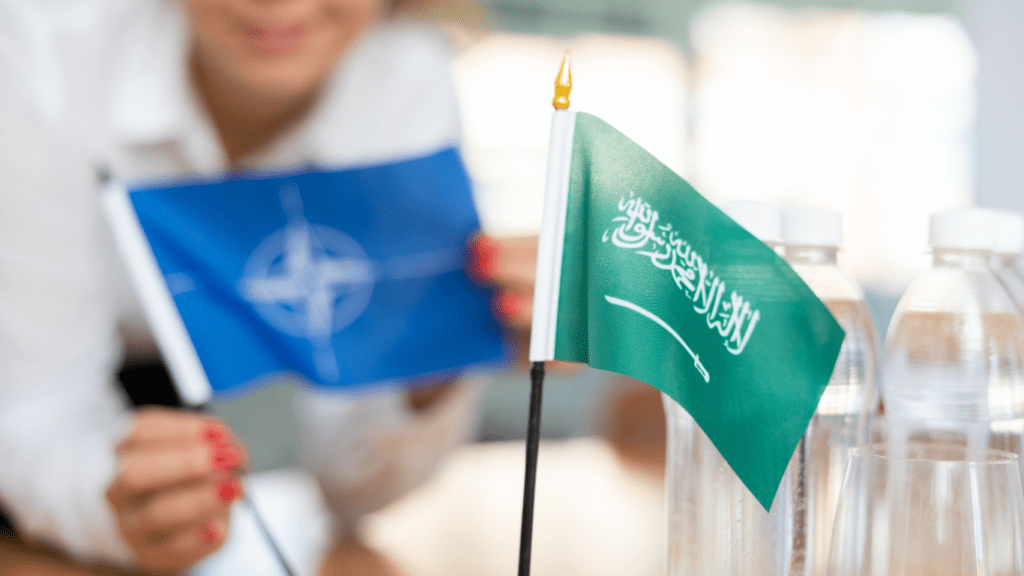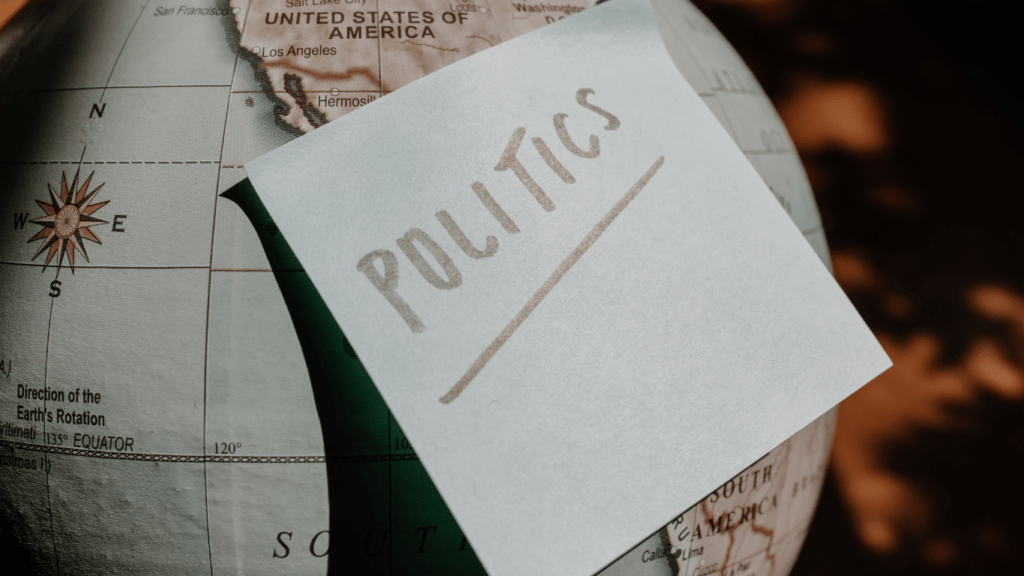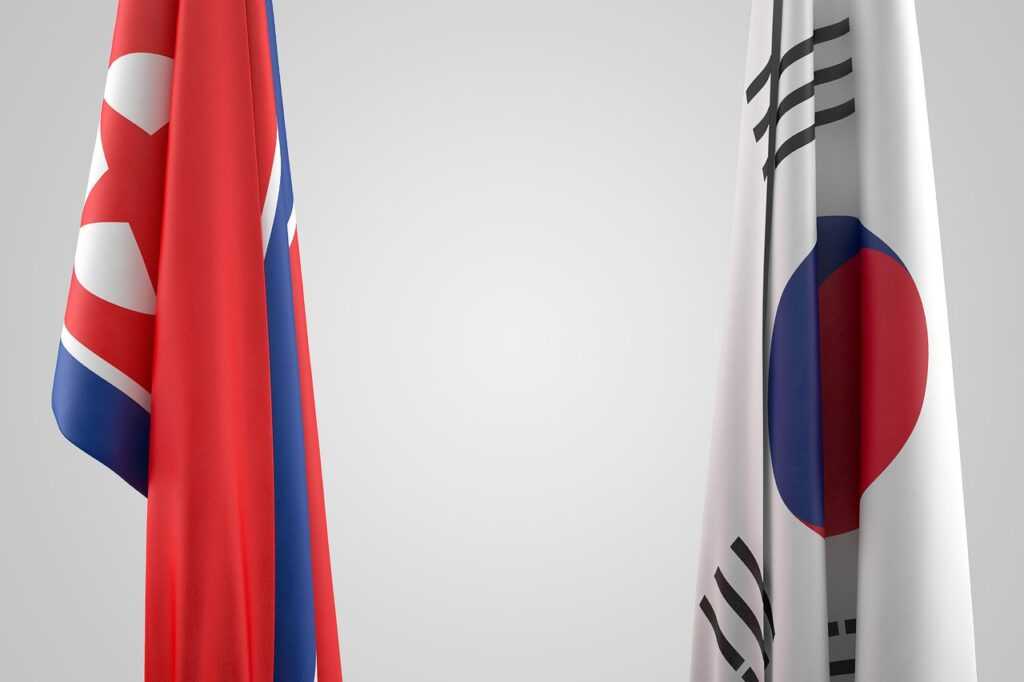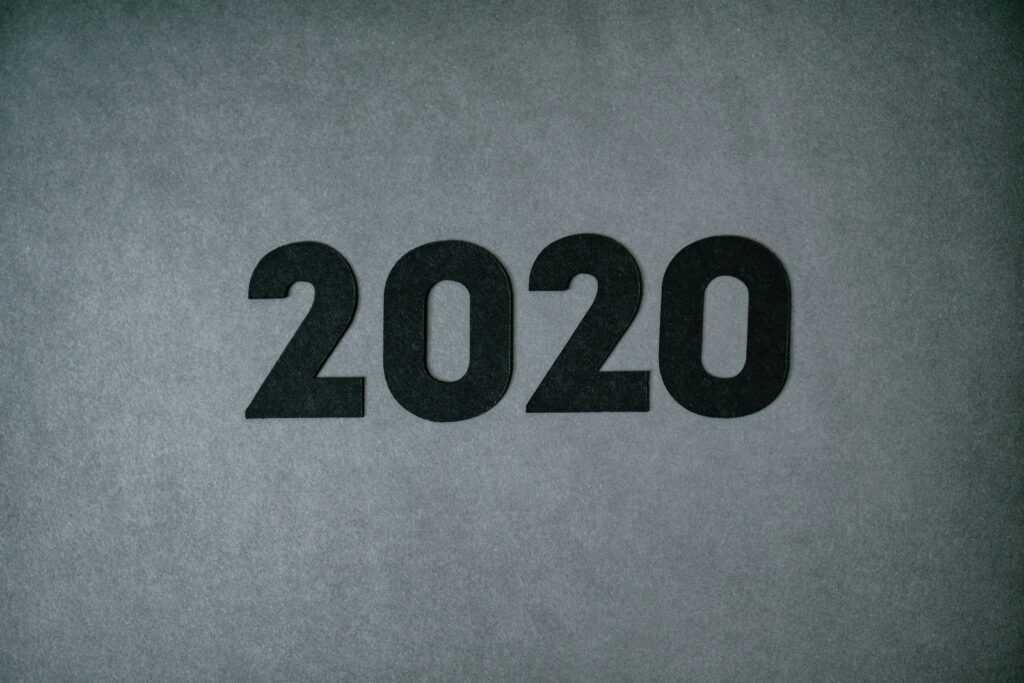In today’s complex geopolitical landscape, NATO plays a pivotal role in shaping international relations and security policies. As a cornerstone of transatlantic cooperation, NATO stands as a symbol of collective defense and shared values among its member states. From deterring potential threats to fostering stability, NATO’s influence extends far beyond its founding purpose.
As I delve into the multifaceted role of NATO in modern geopolitics, it becomes evident that the alliance serves as a crucial forum for strategic discussions and decision-making. With a focus on promoting peace and security, NATO’s actions reverberate globally, influencing alliances, conflicts, and diplomatic engagements. Understanding NATO’s evolving role is essential in navigating the intricacies of contemporary international affairs.
The Historical Context of NATO
In examining the historical context of NATO, it is crucial to understand the alliance’s formation and initial purpose as well as its evolution through the Cold War.
Formation and Initial Purpose
NATO, established in 1949, was formed in response to the growing threat of Soviet expansionism following World War II. The primary goal of NATO was to provide collective security for its member states through mutual defense against potential Soviet aggression. The alliance aimed to create a unified front to deter any military actions from the Soviet Union and its allies, promoting stability and peace in the aftermath of the war.
NATO’s Evolution Through the Cold War
During the Cold War, NATO played a crucial role in deterring Soviet influence in Europe by maintaining a strong military presence and fostering strategic partnerships among member states. The alliance underwent significant transformations, adapting its strategies and capabilities to address evolving geopolitical challenges. NATO’s focus shifted from solely defense against Soviet threats to encompassing broader security concerns, such as terrorism, proliferation of weapons of mass destruction, and regional conflicts.
Through its evolution, NATO demonstrated its flexibility and resilience in responding to changing global dynamics, solidifying its position as a key player in shaping modern geopolitics. The alliance’s ability to adapt to new security threats and maintain cohesion among member states remains central to its continued relevance in the international arena.
NATO’s Strategic Relevance in the 21st Century
NATO has maintained its strategic relevance in the 21st century by adapting to emerging threats and expanding its partnership programs.
- Response to Emerging Threats
NATO continues to play a crucial role in addressing emerging threats in the modern geopolitical landscape. The alliance has demonstrated agility in responding to diverse challenges such as cyberattacks, terrorism, and hybrid warfare. By enhancing its capabilities and cooperation among member states, NATO remains at the forefront of combating new and evolving security risks. - Expansion and Partnership Programs
In line with its strategic evolution, NATO has actively pursued expansion and partnership programs to strengthen its influence and promote stability beyond its traditional boundaries. The alliance has engaged in partnerships with non-member countries and organizations, fostering cooperation and interoperability to enhance collective security efforts. NATO’s expansion initiatives have contributed to building strategic alliances and promoting democratic values across regions, augmenting its role as a key player in maintaining global security.
Current Geopolitical Challenges and NATO

In the realm of current geopolitical challenges, NATO remains a crucial player in navigating complex global dynamics. Let’s delve into how NATO addresses key issues such as its relations with Russia, cybersecurity, and hybrid warfare.
Relations with Russia
NATO’s relationship with Russia stands as a significant aspect of modern geopolitics. Despite efforts to engage in dialogue and cooperation, tensions persist due to differing strategic interests and regional concerns. The alliance maintains a dual-track approach of deterrence and dialogue to manage these complexities, emphasizing the need for transparency and risk reduction measures.
Cybersecurity and Hybrid Warfare
In the digital age, cybersecurity and hybrid warfare present evolving threats that NATO actively combats. The alliance has bolstered its defenses against cyberattacks, recognizing the interconnected nature of security challenges. By enhancing cooperation among member states and investing in technological advancements, NATO strengthens its resilience against hybrid threats, underscoring its commitment to safeguarding collective security in an ever-changing landscape.
NATO’s Impact on Global Security
NATO plays a crucial role in maintaining global security by adapting to emerging threats and fostering alliances beyond its traditional scope.
Peacekeeping Missions
I provide vital support for peacekeeping missions worldwide, contributing to stability and conflict resolution in regions affected by violence and unrest.
Defense Collaboration and Intelligence Sharing
I facilitate defense collaboration and intelligence sharing among member states to enhance collective security efforts and address evolving security challenges effectively.


